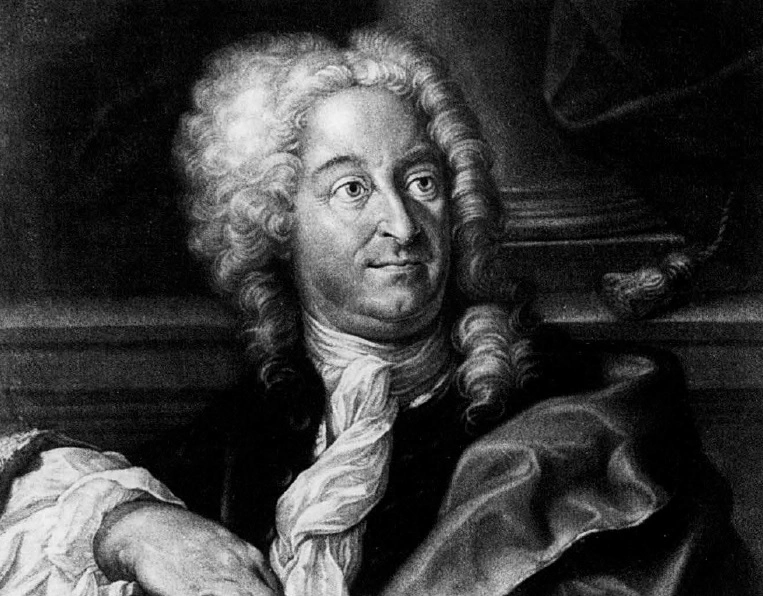WOLFF, KURT
Publié le 22/02/2012

Extrait du document

WOLFF, KURT (1887–1963), publisher; with Samuel Fischer* and Ernst Rowohlt,*
helped set the contours of modern German literature and twentiethcentury
publishing. Born in Bonn to a music* professor, he completed
Gymnasium in 1906 and went to Brazil for a banking apprenticeship in Sa˜o
Paulo. He soon sensed that the trip was a mistake and returned home to study
German language and literature. In 1908, while studying at Leipzig, he founded
the first Ernst Rowohlt Verlag with Rowohlt; in November 1912, after four
successful years, the partnership was dissolved and the firm became the Kurt
Wolff Verlag (KWV). What followed was a period of restless expansion and
accomplishment. Erik-Ernst Schwabach's Verlag der Weissen Bu¨cher was acquired
in 1914, and the Verlag der Schriften von Karl Kraus (Press for the
Writings of Karl Kraus) was formed in 1916. In 1918, with Peter Reinhold and
Curt Thesing, he created Der Neue Geist Verlag; in 1921 he purchased the
Berlin-based Hyperion-Verlag from Rowohlt. Finally, owing to Germany's precarious
economics, he created the Pantheon Casa Editrice in Florence in 1924.
This empire allowed him to indulge diverse interests in art (Pantheon), sociology
(Neue Geist), literary masterworks (Hyperion), and Expressionism* (KWV). By
the mid-1920s his array of German-language authors (he also had a broad international
clientele) included Lou Andreas-Salome´, Walter Hasenclever,* Kurt
Hiller,* Franz Kafka, Else Lasker-Schu¨ler,* Heinrich Mann,* Joseph Roth,*
Carl Sternheim,* Fritz von Unruh,* and Franz Werfel.
Wolff held a reserve commission and was mobilized in August 1914; with
Hasenclever, a friend since university, he spent two years in Belgium, Russia,
and the Balkans. In September 1916, on instructions from the Grossherzog of
Hesse, he was discharged to return to publishing. He moved KWV to Munich
in October 1919 and, because of its size, incorporated it in February 1921. The
inflation* crisis cost him many of his best authors. In 1930, exhausted by financial
worry, he sold his holdings rather than face bankruptcy. After living
abroad for two years, he settled in Berlin* late in 1932 in hopes of directing a
radio station. Soon after the Reichstag fire, however, he left Germany. For eight
years he lived with his family and Hasenclever in France and Italy. In March
1941, after more than a year in French internment camps, he fled to the United
States. The next year he founded Pantheon Books; among its titles were English
translations of Hermann Broch, Stefan George,* Robert Musil,* and Gu¨nter
Grass. He resigned from Pantheon in 1960 and worked in his final years for
Harcourt, Brace and World.
Liens utiles
- Lewin, Kurt - psychologie & psychanalyse.
- PRINCIPES DU DROIT DE LA NATURE ET DES GENS, 1758. Christian Wolff
- Film amen : résumé Durant la 2ème guerre mondiale, Kurt Gerstein, un officier SS employer dans la partie d’hygiène des SS pour la purification de l’eau et la destruction de maladie.
- Koffka, Kurt - psychologie & psychanalyse.
- STRUCTURE DE L'ORGANISME (La). de Kurt Goldstein
